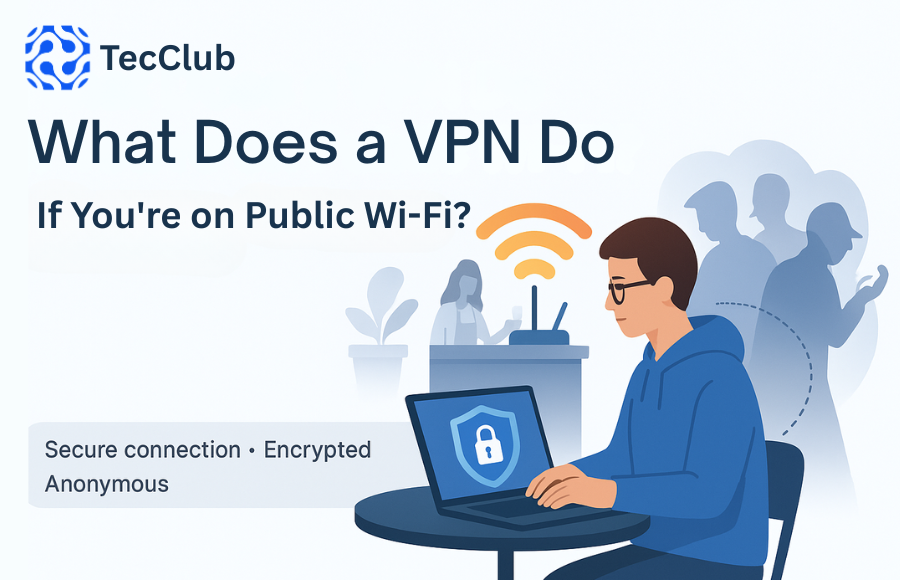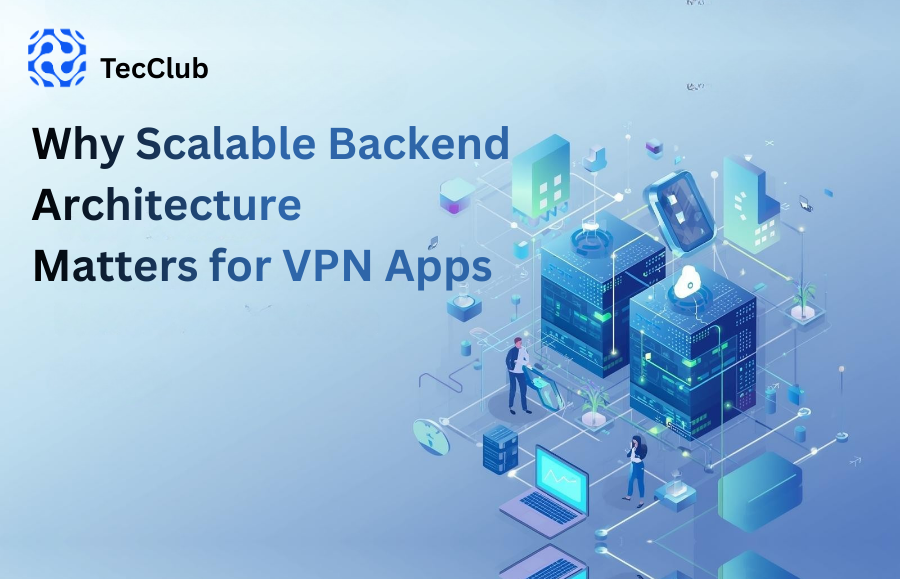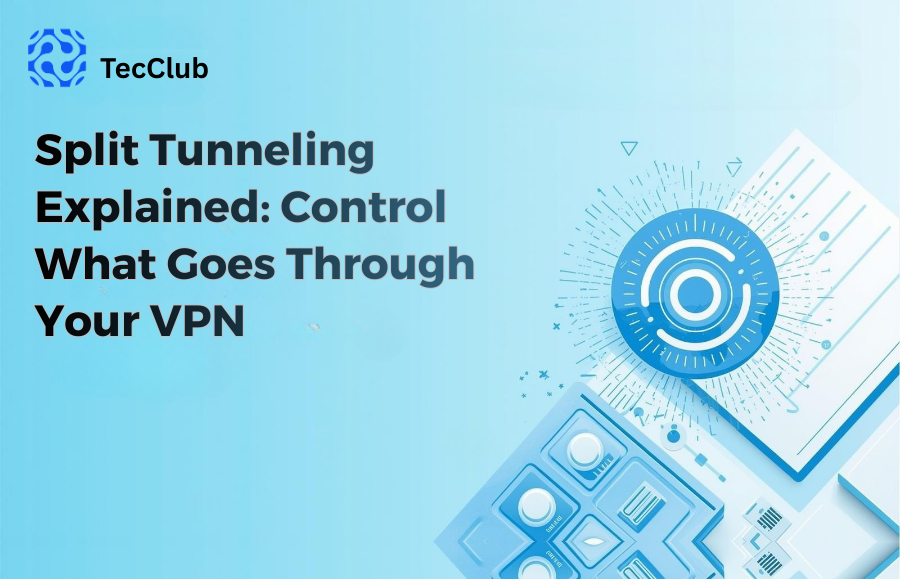
Free Wi-Fi at coffee shops, airports, hotels, and libraries has become a daily convenience. But what many people don’t realize is that public Wi-Fi is one of the riskiest ways to connect to the internet. Hackers often target these networks because they’re usually unencrypted, making it easy to steal sensitive information like passwords, banking details, and emails.
This is where a VPN (Virtual Private Network) comes in. A VPN creates a secure, encrypted tunnel for your internet connection—keeping your data safe even on the most insecure networks.
Connecting to public Wi-Fi without protection exposes you to several cyber threats:
Man-in-the-Middle Attacks (MITM): Hackers intercept data between your device and the Wi-Fi router, stealing login credentials or financial information.
Fake Hotspots: Attackers set up rogue Wi-Fi networks that look legitimate to trick users into connecting.
Unencrypted Connections: Many public Wi-Fi networks lack encryption, meaning your browsing activity is visible to anyone with basic hacking tools.
Malware Injection: Cybercriminals can use unsecured Wi-Fi to spread malware onto connected devices.

When you use a VPN on public Wi-Fi, it creates a secure shield around your data. Here’s how it protects you:
Encrypts Your Data 🔒
Your browsing activity, passwords, and financial information are scrambled with AES-256 encryption, making it unreadable to hackers.
Masks Your IP Address 🌍
A VPN hides your real IP and assigns you a virtual one, preventing anyone on the network from tracing your location or activities.
Prevents Eavesdropping 🛡️
Even if someone tries to intercept your connection, all they see is encrypted data—completely useless to them.
Blocks Fake Wi-Fi Hotspots 🚫
Many VPNs include features that warn you about suspicious networks, helping you avoid rogue hotspots.
Safe Remote Access 💼
For business users, VPNs enable secure access to company files and systems without the risk of leaks.
✅ Protects online banking, shopping, and private communications.
✅ Stops hackers from stealing sensitive data.
✅ Shields your browsing history from prying eyes.
✅ Gives peace of mind when traveling or working remotely.
Without a VPN, public Wi-Fi is an open door for cybercriminals. With a VPN, it becomes a safe and secure connection point.
| VPN Type | Cost (Monthly) | Best For |
|---|---|---|
| Personal VPNs | $5 – $12 | Travelers, students, and daily users of public Wi-Fi |
| Family VPN Plans | $12 – $20 | Protecting multiple devices in a household |
| Business VPNs | $7 – $15 per user | Remote employees connecting to company networks |
| Enterprise VPNs | $500+ | Large organizations handling sensitive data |
Public Wi-Fi might be free, but the risks are costly. Without a VPN, you’re essentially broadcasting your private data to anyone who wants to steal it. With a VPN, your data stays encrypted, your identity protected, and your connection secure—no matter where you log in.
At TecClub Technology, we recommend using a VPN every time you connect to public Wi-Fi. It’s the simplest and most effective way to keep your digital life safe.

